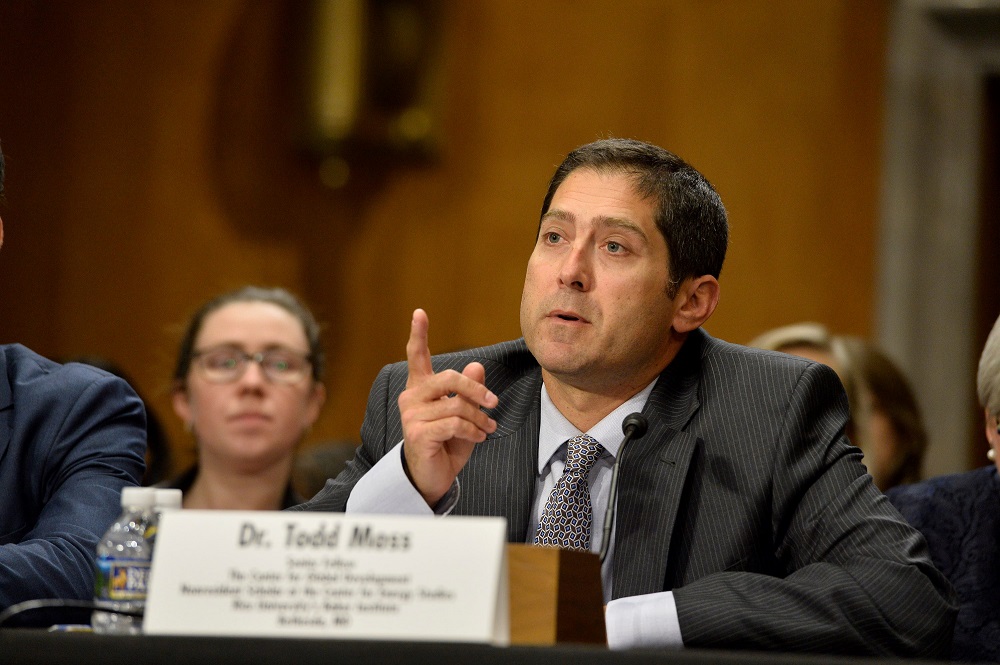Electricity supply often drives how African citizens view their elected officials’ performance. Along with a handful of other issues, it also can influence the outcome of voting behavior. Therefore, it’s no surprise that African leaders have increasingly prioritized improvements in generation capacity and the reliability and affordability of service provision. The challenge often comes in the mismatch between citizens’ perceptions of performance and the timeframe required to influence them.
President Obama’s recent tripling of Power Africa’s targets may intensify this challenge due to raised expectations. At least amongst those Africans that saw the media stories coming out of the first-ever US-Africa Summit. And in case you missed it, the White House made an astonishingly bold commitment to help provide reliable power for 60 million African households and businesses. In practical terms, that means roughly 300 million people that currently have no access to modern energy services. That’s fully half of those people living without it today.
This has raised a lot of important questions. One that hasn’t been examined yet is whether the White House will be creating feedback loops to gauge citizens’ views about performance over time, and then factoring those views into policy decisions. Or, whether the initiative will remain solely fixated on the number of new megawatts brought online and simply extrapolating (translation = guessing) what that likely means in terms of improved household access.
With respect to African power, there are already some preexisting survey tools that may shed leading indicator light on how citizens feel about public policy performance. Take the case of Nigeria, where a professional polling company has been tracking people’s views on power supply every month since January 2013. While NOI Polls does not publish the raw data, they do present results according to gender, age, type of employment, and place of residence (by geo-political zone). The World Bank’s Enterprise Surveys collect even more extensive information from business owners, although only every few years.
It’s still too early to draw definitive conclusions on performance patterns in Nigeria. However, the NOI’s monthly poll may allow for thoughtful analysis down the road. It would be interesting to tease out whether strategic investments at the sub-national level alter people’s perspectives about electricity service quality. For instance, the Egbin Thermal Power Plant outside of Lagos was recently sold to a Korean company. The plant provides much of the power to Nigeria’s South West zone. The new owner plans to first restore the plant to its original 1320 MW capacity, and then provide additional capacity of 1350 MW over the next few years (2670 MW in total). As this happens, the NOI survey respondents living in this geographic area can provide one indication of whether these investments are reaching ordinary households.
Other public surveys suggest that African governments face a serious uphill battle in terms of changing people’s perspectives about power performance. According to Afrobarometer surveys, an absolute majority of respondents in all but one Power Africa focus country believe that their government has performed badly (either very or fairly bad) at providing a reliable supply of electricity. This figure is over three-quarters of respondents in Liberia and Nigeria, and over two-thirds in Tanzania. While Afrobarometer surveys currently do not cover Ethiopia, they plan to do so soon.
Power Africa is right to collect data on new generation capacity coming online. Yet, it also will be important to collect information on how that new capacity, along with improvements in transmission efficiency, feed into demonstrable improvements for the households and businesses they seek to serve. The US government, partnering with African governments and other actors, should work now to establish feedback loops that connect strategic investments with people’s perceptions of actual performance. These feedback loops can rely upon preexisting tools or utilize other low-cost solutions, such as mobile phone surveys. Either way, this would not require massive monitoring and evaluation expenditures. It simply requires a recognition that citizens’ feedback matters for public policy.
Thank you to Robert Morello for his assistance with this blog.
CGD blog posts reflect the views of the authors, drawing on prior research and experience in their areas of expertise.
CGD is a nonpartisan, independent organization and does not take institutional positions.






